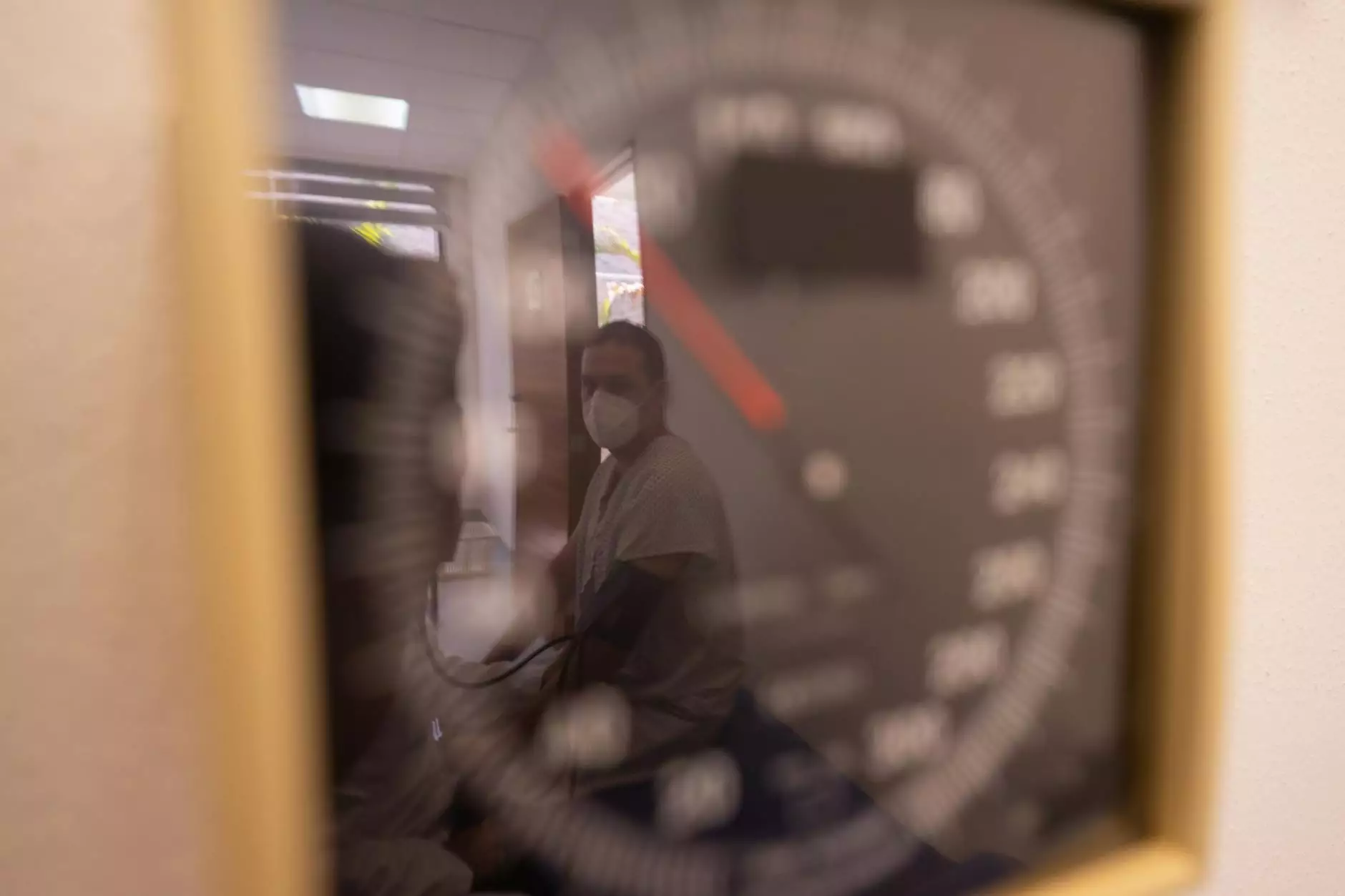Understanding Heart Attack Symptoms and Importance of Early Detection

Introduction to Heart Disease
Heart disease remains one of the leading causes of death worldwide. Understanding the early warning signs, including heart attack symptoms, can be the key to improving survival rates. This article aims to educate patients and caregivers alike on the critical signs, their implications, and the necessary steps to take in various scenarios.
What is a Heart Attack?
A heart attack, or myocardial infarction, occurs when blood flow to a part of the heart is blocked, often by a clot. This deprives the heart muscle of oxygen and can lead to significant damage. Knowing the heart attack symptoms is essential for quick response.
Common Symptoms of a Heart Attack
Recognizing the heart attack symptoms is critical for prompt medical intervention. Here are the most common signs to watch out for:
- Chest Pain or Discomfort: Often described as a feeling of pressure, squeezing, fullness, or pain in the center of the chest. It may last more than a few minutes or go away and return.
- Pain in Other Areas of the Body: Discomfort may also radiate to the shoulders, neck, arms, back, teeth, or jaw.
- Shortness of Breath: This may occur with or without chest discomfort, and it can be experienced while resting or during physical activity.
- Cold Sweat, Nausea, or Lightheadedness: These symptoms can accompany the primary indicators and should not be ignored.
Uncommon Symptoms: What to Look Out For
Not everyone experiences the classic symptoms of a heart attack. Some people, especially women, may present with atypical symptoms, including:
- Fatigue: An unusual sense of tiredness and lack of energy may precede a heart attack.
- Indigestion or Heartburn: These digestive issues may mistakenly be attributed to other conditions.
- Anxiety: Sudden feelings of anxiety can sometimes indicate an impending heart event.
Why Recognizing Symptoms is Crucial
Identifying heart attack symptoms promptly can significantly affect the outcome. The faster a person receives emergency treatment, the better the chances of survival and minimizing heart damage. Call emergency services immediately if you observe any symptoms.
Steps to Take if You Suspect a Heart Attack
If you or someone you are with experiences potential heart attack symptoms, follow these essential steps:
- Remain Calm: Stress can exacerbate the situation. Taking deep breaths may help.
- Call Emergency Services: Always prioritize contacting professionals. Do not attempt to drive yourself to the hospital.
- Chew Aspirin: If not allergic and advised, chew an aspirin to help thin the blood.
- Stay Still: Try to remain as calm and still as possible while awaiting help.
The Role of Prevention
Preventing a heart attack begins with understanding personal risk factors. Here are several key areas of focus:
- Regular Health Screenings: Routinely check blood pressure, cholesterol, and glucose levels.
- Healthy Lifestyle Choices: Eat a balanced diet, engage in regular physical activity, and maintain a healthy weight.
- Avoiding Tobacco Products: Smoking significantly increases the risk of heart disease. Quitting is vital for long-term health.
- Managing Stress: Practice relaxation techniques such as meditation, yoga, or deep-breathing exercises.
Frequently Asked Questions (FAQs)
What should I do if I experience symptoms?
If you experience any heart attack symptoms, do not hesitate to call emergency services. Early intervention is crucial.
Can heart attacks occur without chest pain?
Yes, heart attacks can happen without the classic symptom of chest pain. Symptoms like fatigue, discomfort in other areas, or shortness of breath may also occur.
Are there specific risk factors for women?
Women can experience different symptoms and risk factors, such as hormonal changes, pregnancy-related issues, and stress-related conditions. Being aware of these can aid in prevention.
Conclusion: Empower Yourself with Knowledge
Understanding heart attack symptoms is essential for everyone. Knowledge empowers individuals to act swiftly and protect themselves and loved ones. Regular discussions with healthcare providers about heart health can lead to early detection of potential risks, ultimately saving lives.
For more information about your health or to purchase medications safely, visit Australian Pharmacy. Always consult a healthcare professional for personalized medical advice.
heart attack symptons


